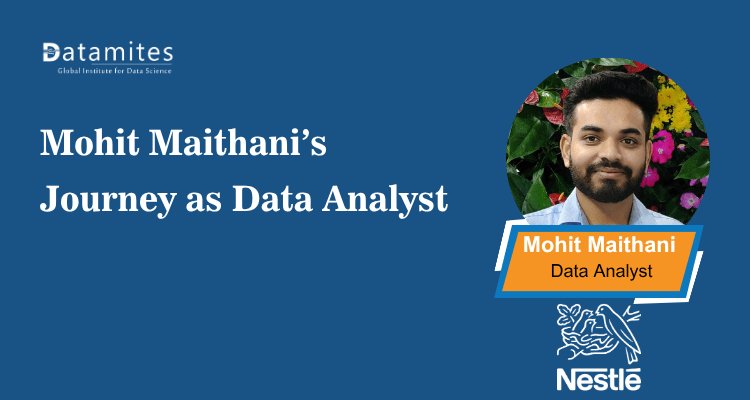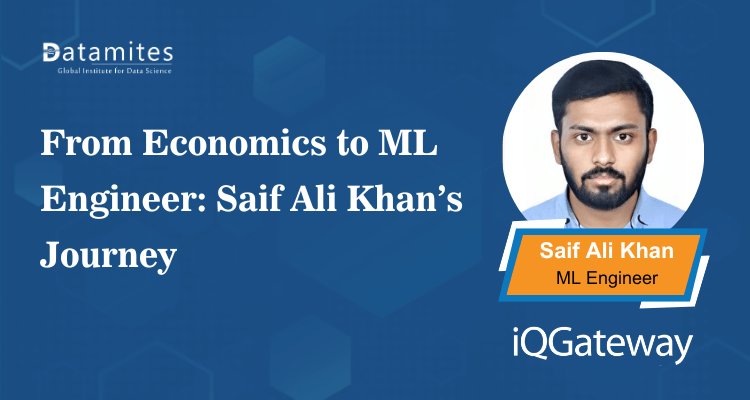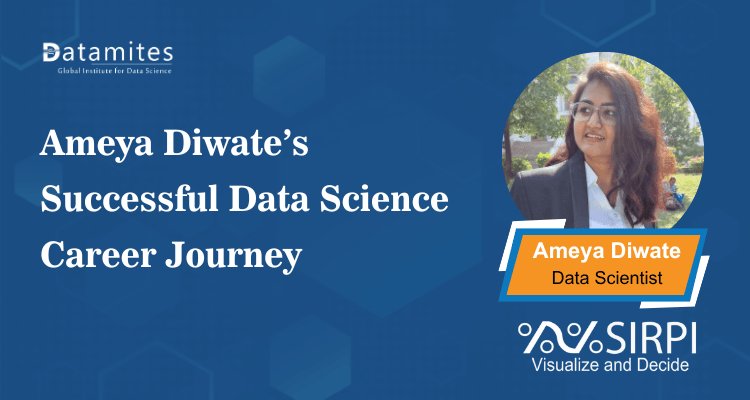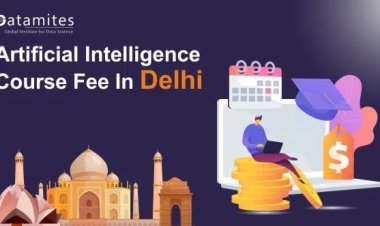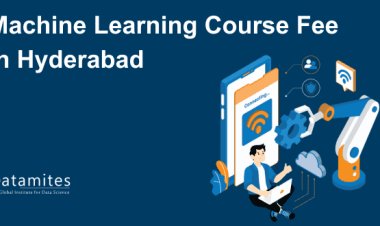What Impact does AI serve in the Food Industry?
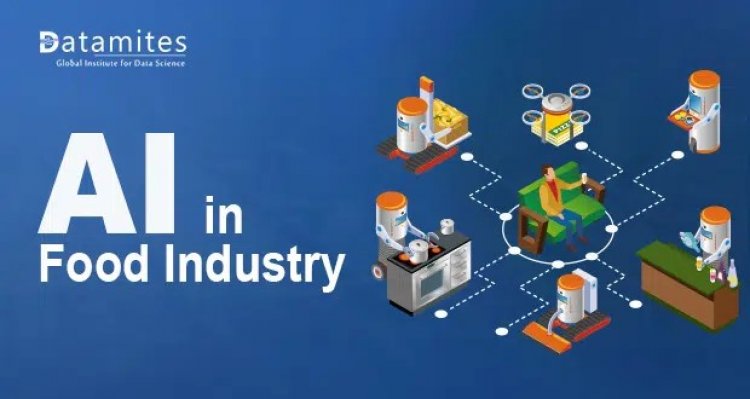
Food processing and handling is the most important business among the numerous manufacturing businesses in the world that provide the most employment opportunities. The human workforce is critical to the successful production and packaging of food products. The food industry is failing to sustain the demand-supply cycle and is also deficient in food safety as a result of human engagement.
Industrial automation is the best approach for overcoming these challenges in the food industry. Artificial intelligence (AI), machine learning (ML), and deep learning (DL) techniques are used to automate everything. Food production and delivery techniques may be manoeuvred expeditiously with the AI-based system, which also upgrades operational competency.
- Market Research on Food
The key to boosting revenue is knowing what things to make in huge quantities and what foods to offer on the restaurant menu. Because customer and market expectations are rapidly evolving, staying one step ahead of the competition has never been more crucial. AI for food understands how people perceive flavour and preferences, segmenting users into different demographic groups and modelling their preference behaviour or even predicting what they want before they ask.
- Sorting and Packing Food.
One of the arduous chores and time-consuming processes for production units in the food processing business is the proper ordering and packaging of food goods. As a result, such a time-consuming activity can be done by AI-based systems, reducing the risk of error and boosting the industry’s output rate. Due to the anomalies in the shapes, colours, and sizes of vegetables and fruits, developing AI-based systems is a difficult challenge. A considerable amount of data is required for constructing an AI-based sorting and packing system so that the system may be properly taught and do the work efficiently.
- Personal Hygiene is really important.
The technology, which can be used in both restaurants and manufacturing sites, monitors workers with cameras before using facial recognition and object identification algorithms to assess whether they are wearing hats and masks as needed by food safety regulations. If a violation is discovered, the screen images are extracted for inspection. The accuracy of this technology, according to the company’s press statement, is greater than 96 percent.
- Cleaning and Maintaining the Equipment
Maintaining cleanliness is a prime difficulty in food processing plants. Because all of their operations are automated and unaffected by human interference, several businesses claim to be as pure as snow. What if the machines and equipment become befouled? All food-processing equipment and machinery must be cleaned to the highest possible standards. This is not only to avoid pathogen contamination of food but also to avoid allergen cross-contamination. Regrettably, this comes at a price—both in terms of time and money. That’s where AI in the food industry comes in.
You can also refer:
Artificial Intelligence Certification Course Fee in 2022
Demand for Data Science and AI Professionals in 2022?
- Product Development
AI paves way for product development, wonder how? Let’s dive into the story of Coca-Cola. Coca-Cola has maintained a number of self-serving soda fountains where customers can mix their own drink from a selection of Coca-Cola liquids. A large population of consumers came up with their own beverages at each of these fountains. They investigated and discovered that the majority of customers blended cherry-flavoured Coke with sprite using artificial intelligence. Thus evolved the all famous ‘Cherry Sprite.’
- Customers’ decision-making
People have their own preferences for things, and AI allows these preferences to be recorded, allowing businesses to manufacture products that customers love and prefer, resulting in increased sales and customer happiness.
- Boosting the food and beverage supply chain
Artificial Neural Network-based algorithms can monitor and check the AI food delivery and commodities monitoring process at every stage, making it safer and more transparent. It also creates pricing and inventory projections, preventing additional costs. Online food delivery services like Swiggy, Zomato, and Uber-eat collect a lot of data about their clients’ ordering habits and dish preferences. Data science and AI can be employed for devising straightforward, penny-wise, and convenient methods for delivering the product
- Customer feedback systems based on artificial intelligence
There are numerous apps in the foodservice industry nowadays that assist in anticipating the amount and kind of food orders, as well as the relevant inventory. This data can be used to do statistical analyses of visitor traffic and the food products that will be required over a period of time.
- Online restaurant search engine powered by Artificial Intelligence
The vast majority of customers learn about a restaurant through Google searches or another online medium. With the use of AI, this fact is being used to recommend a favourite restaurant or café to a consumer based on their locations and reviews. These AI assistants can also remind clients about special offers, events, or sales in their best-loved place.
Artificial intelligence is transforming the food processing and handling industry. Artificial Intelligence for the food industry will assist these businesses in increasing revenue by speeding up the manufacturing process, reducing maintenance time and thus production downtime, lowering the risk of failure by automating almost every process, and finally providing an excellent customer experience by anticipating their likes, dislikes, and desires!
The average compensation for an Artificial Intelligence (AI) Specialist is $124,947, according to a payscale survey. DataMites has established itself as the premier provider of Data Science and AI associated courses. DataMites is providing courses in Data Science, Machine Learning, Deep Learning, Artificial Intelligence, Python Programming, R Programming, the Internet of Things, Data Mining, and Tableau. Get ahead in AI with DataMites’ finest AI Certification Training.
Other AI relevant articles

